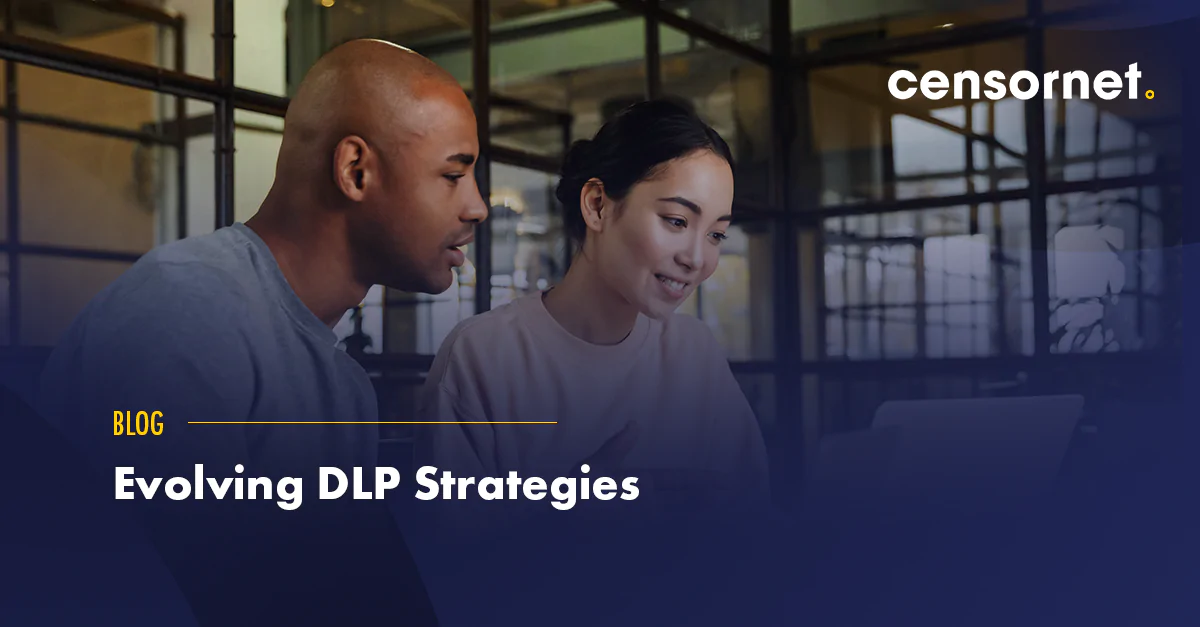Over the past year the cybersecurity threat landscape has transformed. Organisations face record-breaking cyberattacks as hackers increase the frequency and price tag attached. The average ransomware requests soared from $5,000 to $200,000, with one organisation even reportedly paying hackers $40 million to regain control of its network.
The shift to hybrid working is partly responsible. It forced rapid adoption of new communication forms and data sharing across organisations, breaking the traditional security network perimeter. IT departments rushed to deploy new technologies, and employees were left scrabbling to keep up.
Cybercriminals saw these changes as an opportunity to target the people within an organisation and exploit their potential vulnerabilities. It’s unsurprising, then, that human error is reported to be responsible for 95% of all data breaches.
Such insider vulnerabilities are often exacerbated by poor cyber hygiene. When one user has poor password strength, or another uses public Wi-Fi to access confidential data bases, opportunities for cyber-attacks start to arise. The network is left open with hackers able to exploit the gaps.
The current threat landscape is showing no signs of slowing down, so maintaining cybersecurity best practice is necessary 365, 24/7. With suitable measures in place to combat human error, organisations can start reducing the threat their own people may pose.
One of these measures needs to be a structured cyber security awareness training and phishing simulation.
When designing an effective programme, here are the five best practices you should keep in mind:
Time
Scheduling time for an employee to complete any form of training can often be a challenge. Therefore, delivering training in short, bite sized portions will prove more effective. It avoids interfering with employees’ diaries and keep them engaged with snippets of information.
Relevance
The success of a training programme often comes down to the levels of engagement, so having relatable and relevant content is key. The threat landscape is evolving at a rapid rate, and current content is critical to ensuring your end users are up to speed on the latest threats.
Repetition
Repetition is the key to retaining information. Especially as only 20% of information is retained 28 days after a training course. Regular training will ensure your employees don’t slip into bad habits. To support this, phishing simulations are a great way of reinforcing the training. They are an effective way of testing knowledge, and in turn, identifying any risk areas or individuals.
Monitor
An effective programme will allow you to monitor individuals’ performance and progress, giving benchmark risk levels. You will then be able to offer support to the individuals or departments who need extra help. Plus, with all this information, reporting to senior management is made easy.
Leadership support
It’s important to make sure that cyber awareness is intertwined with the culture of the organisation, instead of an afterthought. If it’s part of the norm, people won’t see it as a change. This starts from the top. If board level employees are involved and support the plan, end users will feel confident in the approach.
How Censornet can help
With our real-world attack simulation and interactive user training, Censornet can arm your employees with the knowledge and practices they need to prevent cyber-attacks.
Awareness training, reinforced with regular automated phishing emails will help equip users with the skills they need to begin to identify phishing attacks, securing your business.
In addition, you’ll be able to track users’ performance in real-time allowing effective monitoring. You will have the tools you need to identify areas where employees may need additional help, and the training to support them.
Find out More
Want to learn more about our Security Awareness Training? Join us at Cloud & Cyber Expo stand S240 to talk to an expert. You will also have a chance to play our “Beat the Phish” game and win a drone.






